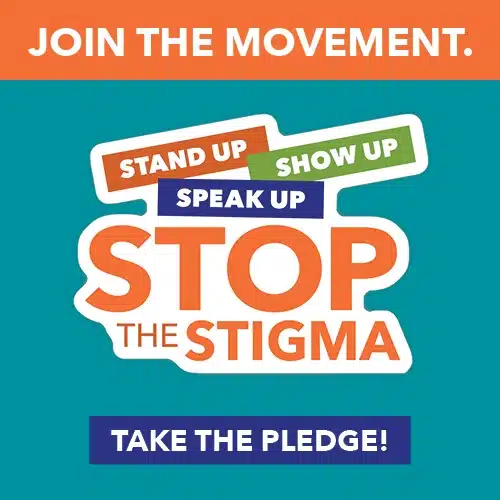The holiday season is upon us—a time often associated with generosity and community spirit. While giving back undoubtedly helps those in need, it can also profoundly benefit your mental health. Acts of kindness, whether big or small, create a ripple effect of positivity that touches lives, including your own.

Here are some ways giving back can uplift your mental and emotional well-being.
1. Boosts Mood and Reduces Stress
When you give your time, resources, or skills to help others, your brain releases feel-good chemicals like endorphins and oxytocin. This phenomenon, often called the “helper’s high,” can reduce stress, combat anxiety, and provide a sense of emotional relief. The simple act of focusing on others can shift your mind away from personal worries and reduce the symptoms of stress.
2. Improves Mental Resilience
Volunteering and community engagement often require stepping out of your comfort zone. By helping others, you build problem-solving skills and adaptability, which enhance mental resilience. Feeling part of something larger than yourself can provide a deeper sense of purpose and perspective, which can be particularly grounding during difficult times.
3. Strengthens Social Connections
Loneliness and isolation are major contributors to poor mental health. Giving back through volunteering or participating in charitable activities connects you to others who share similar values and interests. These social bonds foster a sense of belonging, reduce feelings of isolation, and provide a robust support network for your own well-being.
4. Fosters Gratitude and Positivity
Helping those less fortunate cultivates gratitude by reminding you of the positive aspects of your own life. Gratitude has been scientifically linked to increased happiness, reduced depressive symptoms, and improved overall mental health. By shifting your focus from what you may lack to what you have to offer, you’ll likely notice a surge in positivity and satisfaction.
5. Encourages a Sense of Purpose
Purpose is a cornerstone of mental well-being. Giving back, whether through a one-time event or ongoing commitment, reinforces the idea that your efforts have meaning. Whether you’re mentoring a young person, contributing to a food drive, or participating in a neighborhood cleanup, the act of giving affirms your role in making the world a better place.
6. Promotes Physical Health
Engaging in volunteer activities can have positive physical benefits aka the feel-good-factor, which directly impact mental health. Whether it’s walking dogs at an animal shelter, sorting donations, or running charity events, these activities often involve physical movement, which has been shown to improve mood and reduce anxiety.
Practical Ways to Give Back:
- Volunteer Your Time: Find a cause you’re passionate about, such as serving at a local food bank or tutoring students.
- Donate: Contributing financially or providing essential items to those in need can be just as impactful.
- Advocate: Use your voice to raise awareness for a cause you care about.
- Practice Small Acts of Kindness: A simple gesture, like paying for someone’s coffee or writing a kind note, can brighten someone’s day and boost your own happiness.
The gift of giving back is truly priceless. At Oaks Integrated Care, we deeply believe in the power of community and compassion. To learn more about how to get involved with our organization throughout the year, visit www.oaksintcare.org/giving or contact Kimberly Bolton, Director of Mission Advancement, at 609-267-5928.









